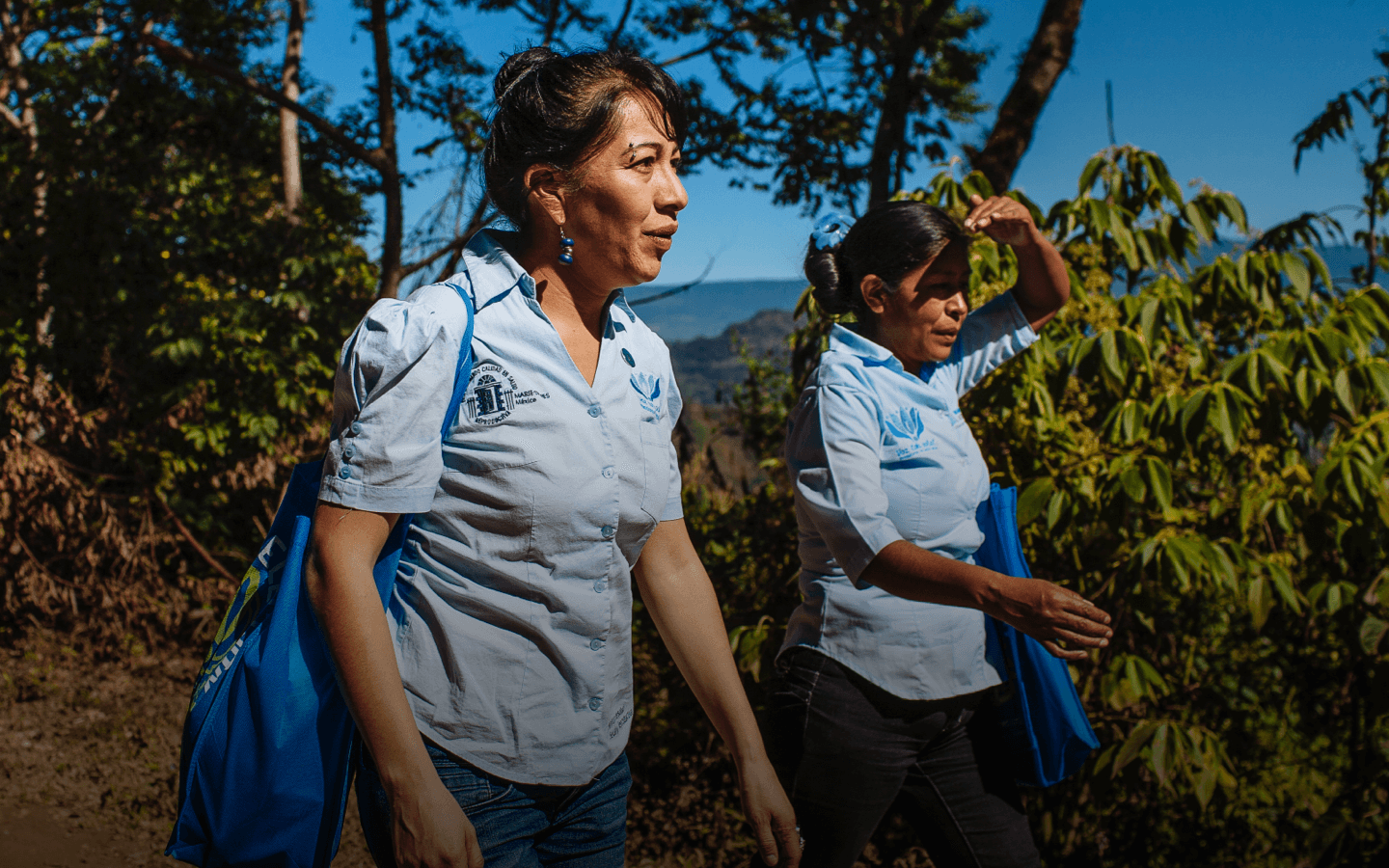MSI at the Healthy World conference in Canada: linking climate and reproductive health

Dr Abebe Shibru, MSI Ethiopia’s Country Director, recently addressed the audience at the Healthy World conference in Montreal, Canada. With his experience and MSI’s insights, he helped bring the theme — Health, Gender & Climate Resilience — to life.
Dr Shibru captivated the crowd with a look at climate-related experiences in his home country of Ethiopia — one of many countries experiencing increasing floods, droughts, and heavy rainfall.
Bridges and roads are being washed away, cutting off rural villages from services. Women and girls cannot access contraception and other healthcare, and women are dying from unsafe abortion because they feel they have no other options.
At MSI, we know that climate change is not gender neutral. With lower incomes and poorer access to food & resources, women are hardest hit. 80% of people displaced by climate change are women. One in five women and girls in humanitarian settings report experiencing sexual violence. And our analysis shows that between 2021-2031, 14 million women are at risk of losing access to contraception due to climate disruptions.
We support over 93,000 people every day across 36 countries. And what we’re hearing loud and clear from women and girls in vulnerable communities is that they want access to sexual and reproductive healthcare so they can make decisions about their body while navigating hardship.
Erica Belanger, MSI’s Associate Director of Government Partnerships, joined Dr Shibru on the panel. Reflecting on being at the conference and working with the Canadian government, she said:
“Sexual and reproductive healthcare can’t be used to solve the climate crisis. But we need to listen to what women are telling us and support them with what they need to adapt to the cataclysmic changes happening around them. It was energising to be in Montreal surrounded by our partners, from civil society organisations to the Government of Canada. It’s crucial that we continue building these globally connected and locally implemented partnerships and programmes, and work together. Women’s reproductive choices — and their lives — depend on it.”

Women and girls are not just victims of climate change, they are also part of the solution: as educators, decision-makers and advocates. With reproductive autonomy, girls are better able to finish their education and pursue their careers, and women are better placed to take on decision-making roles at a community and national level, having a seat at the table in finding climate solutions.
Governments and foundations must recognise the clear link between gender, sexual and reproductive healthcare, and climate resilience. Development funding should be flexible enough to allow us to respond to climate emergencies. And climate funding commitments should integrate sexual and reproductive healthcare — to support women to adapt and protect their agency wherever possible.
We can work together to mitigate the effects of climate change and help build community resilience.






